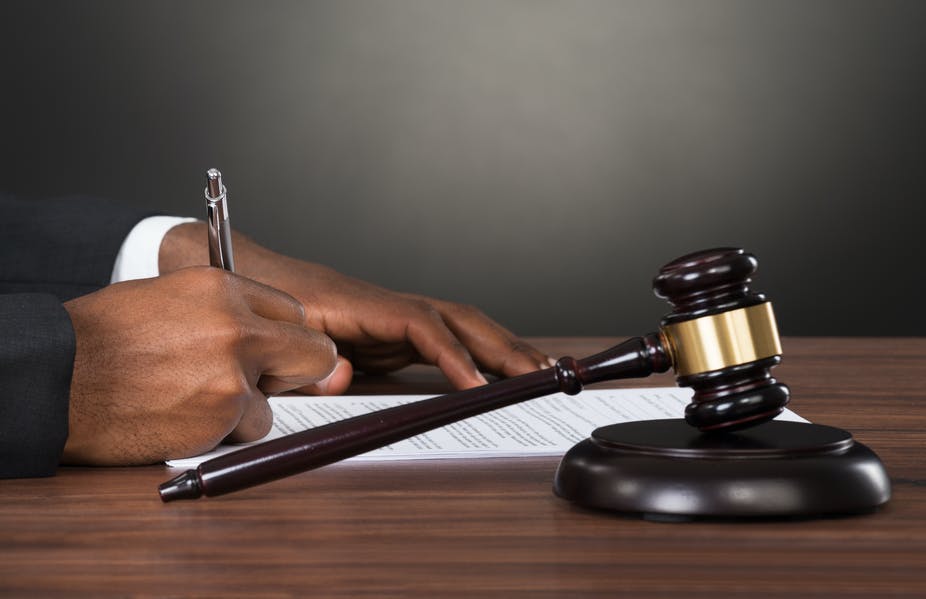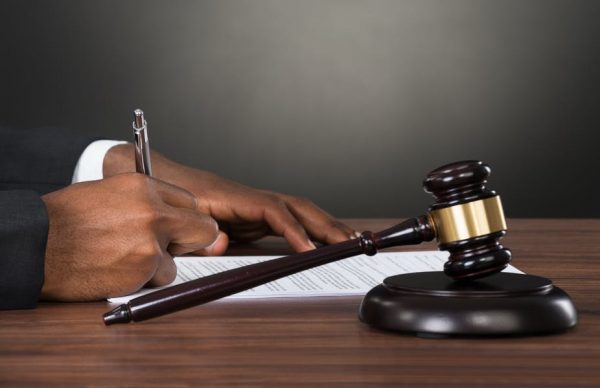The impartial third person (or persons) acting in a judicial manner in an Arbitration Proceeding is called an Arbitrator or panel of Arbitrators. An arbitrator/ panel of Arbitrators should generally be independent and unbiased.
Read more about The law and you
Arbitrators are often compared in this regard to judges, who must meet relatively strict standards to avoid the appearance of improper behaviour.
Powers Of Arbitrators
In order for arbitrators to perform their duties efficiently and effectively, certain powers are conferred on them. The powers of an arbitrator may be general powers such as relate to the performance of legally recognized roles of the arbitrator, like the power to issue a binding award at the end of the proceedings.
The powers of the arbitrator may also be specific, such are conferred by the consensual agreement of the parties and which relate to the performance of clearly defined acts such as the inspection of the subject matter of the dispute. The powers of the arbitrators are:
- Powers expressly conferred by the parties: the parties may, in the arbitration agreement, state certain powers which the arbitrators may exercise in the performance of their role. These powers may include the power to grant interim measures or the power to visit the locus for the examination of evidence. The powers conferred on the arbitrators by the parties can serve as the terms of reference for the arbitral proceedings, providing express directions as to the manner in which the arbitrators are expected to operate.
- Powers given by operation of Law: as is the case with most legal agreements, the parties may not be able to foresee all terms and conditions, and this might lead to uncertainty and confusion in the execution of the agreement. Therefore, there are certain powers granted to the arbitrator by operation of law, which would apply whether or not the parties have expressly provided for them.
Duties Of Arbitrators
The duties of the arbitrator may be grouped into express and implied duties. Express duties are those which are spelt out by the parties or provided under written law, while implied duties are not expressly provided for by the parties in their agreement and are not provided for in any written law but are imposed on arbitrators by virtue of the nature of their position and the role they play.
Sign up to the Connect Nigeria daily newsletter
- Duties imposed by parties: the duties imposed by the parties may be contained in the arbitral agreement or they may be determined by the parties during the course of the arbitral proceedings. Usually, the duties imposed by the parties are specific to the role and conduct of the arbitrator regarding the proceedings.
- Duties imposed by Law:
- Duty to be and stay impartial and independent: arbitrators have a duty to be impartial and independent. Impartiality requires that an arbitrator neither favours one party nor be predisposed as to the question in dispute. Independence on the other hand requires that there should be no actual or past dependant relationship between the parties and the arbitrators which may affect or appear to affect the arbitrators’ freedom of judgment.
- Duty of disclosure: arbitrators must discharge this duty of disclosure at the earliest opportunity. This is usually before his/her appointment as an arbitrator so that the parties can have all the information they need to make an informed appointment. This duty subsists even after the arbitrator has been appointed, should any situation arise that requires disclosure.
- Duty to be physically and mentally capable of conducting the proceedings: an arbitrator must be physically and mentally capable of performing all duties. The parties may agree to terminate the appointment of an arbitrator who is deemed incapable of performing the required duties by reason of physical or mental challenges.
- Duty to consider relevant circumstances when determining the language to be used at the arbitral proceedings.
- Notice of the oral hearing: where there is an oral hearing, it is the duty of the arbitral tribunal to give the parties adequate advance notice of the date, time and place of the hearing.
- Translation: the arbitral tribunal must arrange for the translation of proceedings or records, where necessary.
- Privacy of proceedings: the tribunal must arrange for the hearing to be held in private unless the parties agree otherwise.
- Termination of proceedings: the arbitral tribunal shall have a duty to terminate the proceedings in any of the following cases:
a. When the arbitral award has been made;
b. When the claimant withdraws his/her claim unless the respondent objects and the tribunal recognizes a legitimate interest in obtaining a final settlement of the dispute;
c. When the parties agree on the termination of the arbitral proceedings;
d. When the arbitral tribunal finds that continuation of proceedings has for any other reason become unnecessary or impossible.
- Award: the tribunal has a duty to make an award by itself and in writing, stating: the reasons upon which it is based, the date it was made and the place of the arbitration as agreed.
Conclusion
Arbitrators should ensure that he has the essential competence, and time, to conduct the arbitration. An arbitrator should also charge a reasonable fee for his services and should maintain records to support his time and expense charges.
Featured Image Source: The Conversation
Got a suggestion? Contact us: [email protected]


